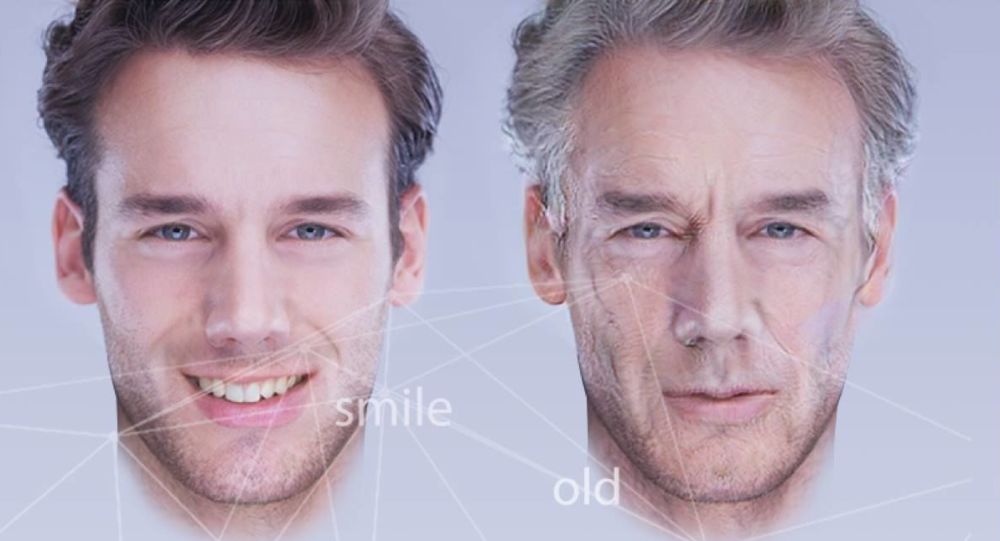© 2000-2023 - Enkey Magazine - All rights reserved
ENKEY SNC - VAT ID IT03202450924 / REA Code CA253701 - Phone. 078162719
We open our Facebook‘s home page and we find all of our friends aged, what happened? Was I in coma for thirty years? Was it a strange pandemy? An apocalypse? Don’t worry, it is just FaceApp, the application that in the last weeks is spreading on the main social networks and that change our face.
However the incredible success seems to worry the United States, but the alarmism seems real, because even the privacy’s experts warn us about the usage of the app.
FaceApp, the application that aged
Even if lately it had a huge success thanks to the aging function, the app is much more than this.
The application has been realized by a russian company, Wireless Lab, and it is available for iOS and Android already from January of the 2017. By the way the real challenge launched on the socials, which aged the faces of tens of vips and millions of common people, is much more recent.

The application uses an algorithm of artificial intelligence able to retouch a picture by making us younger, older, smiler or of the other gender.
We could obtain the same result with a complicated work of Photoshop, but it will take hours. With FaceApp, instead, the result is immediate and incredibly realistic.
Even though the incredible results we can’t say that this is the reason that made it viral. We don’t know why something become viral, it does and that’s it. But once something is on everybody’s lip it’s easy to find pros and cons.
FaceApp was released more than two years ago, however it had the success only now, right in the middle of the caos created by burning issues like the privacy. And even here there are many doubts if playing with our own face is good or not.
The alarm launched by the United States
To launch the alarm were the United States, sure the fact that the app comes from an old enemy didn’t help to calm down. However the alarm isn’t unfounded.
Some members of the governement of the United States said to the citiziens: “Delete FaceApp now, if you already used it. It is hardly dangerous that the personal datas of the Usa citiziens can arrive in the hands of a hostile foreign power”.

The call seems almost ironic, an alarmism from the cold war maybe, however world power isn’t new about digital manipulations, which affected even many elections.
The problem is the privacy
But if the american alarm seems almost unreal the one launched by the privacy’s experts isn’t. Now many wonder where is the privacy, maybe without even really understand this concept, but only because this became a “trend” believing that it doesn’t exist anymore.
So the million of users that downloaded the application wonder where will their pictures go.

The rules in the privacy policy of FaceApp are stuck to the 2017, that, moreover, it is the year when it’s been realized.
But where went our pictures? The European Union believes that a user must know what a company does with his datas, for how long it takes them and where exactly they go outside the European Union.
But even if the laws aren’t upgraded we signed them. That boring and long text that we tick without even look at it. And so we gave our agreement to those law, nothing more than that.
Where did the FaceApp’s images go?
But to what exaclty we gave our agreement? The FaceApp’s images bounce before in Russia and than in the United States, by ending in unknown Databases.
What could happen to those images in the database? “Let’s think that the artificial intelligence is a child that doesn’t know the world. To develop the potentialities of the neural net we have to show it everything: the clouds, the cow, the apple, etc. It’s called ‘data annotation’, the vocal assistants make it by recording our voice, for example. The database that will be created then can be used for many purposes”.
Explains Francesco Capparelli, teacher of cybersecurity. “A stolen ID card on the dark web worst three euros and half, nothing. They are the big data collected through instruments like the apps and the search engines that keep the economy working. Today the egocentrism wins, and it’s missed the awareness between the users”.
This post is also available in:
 Italiano
Italiano

